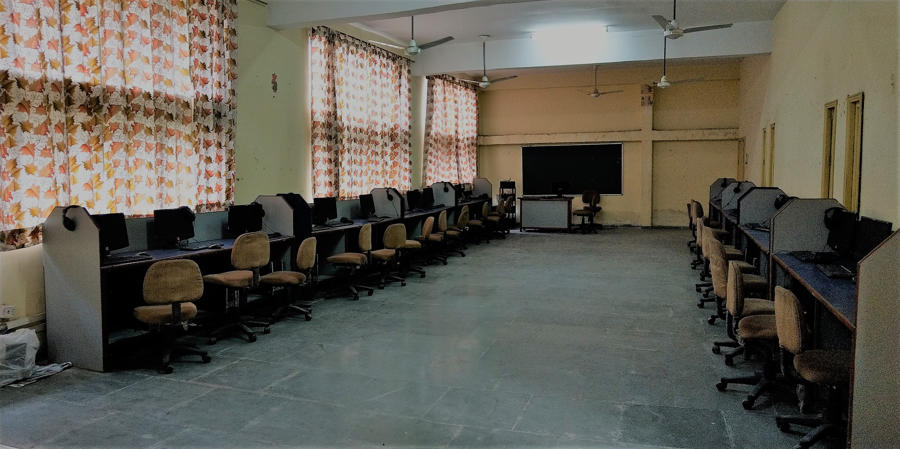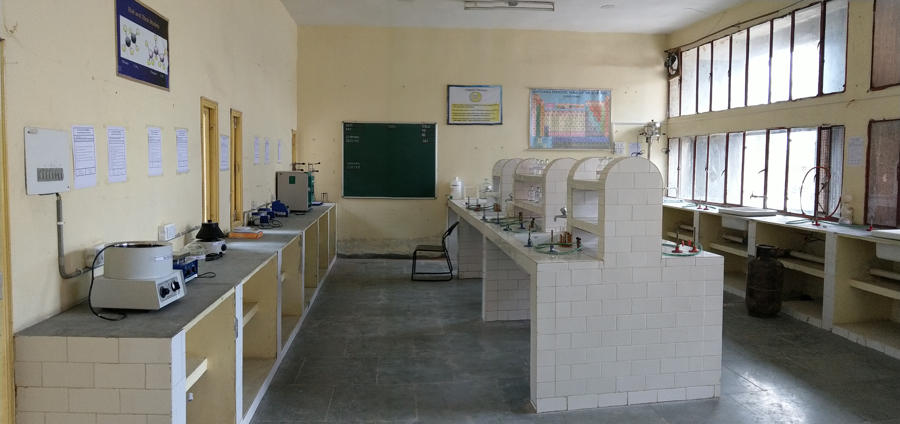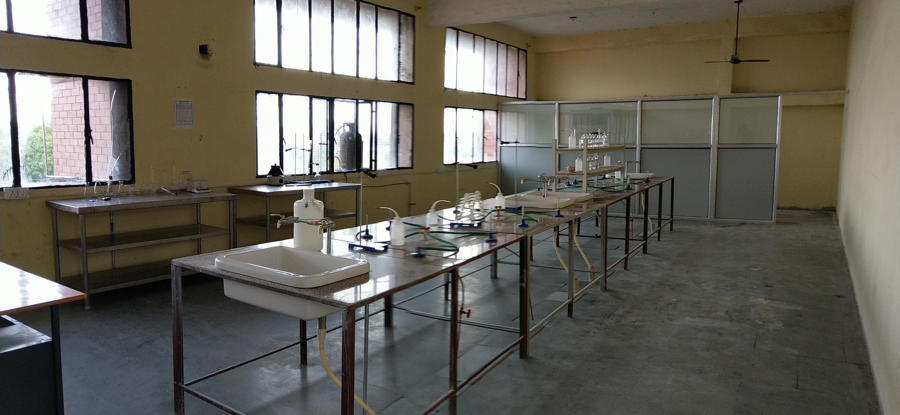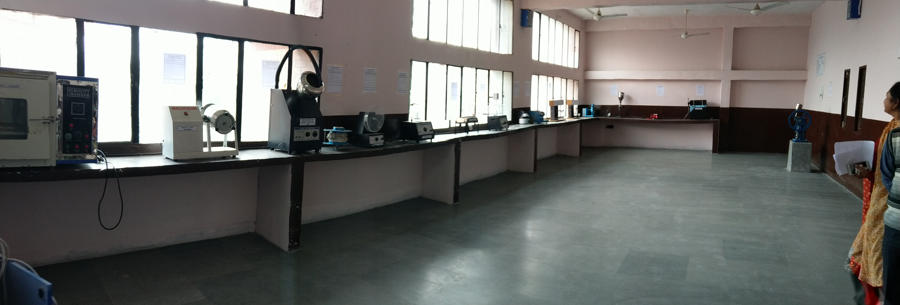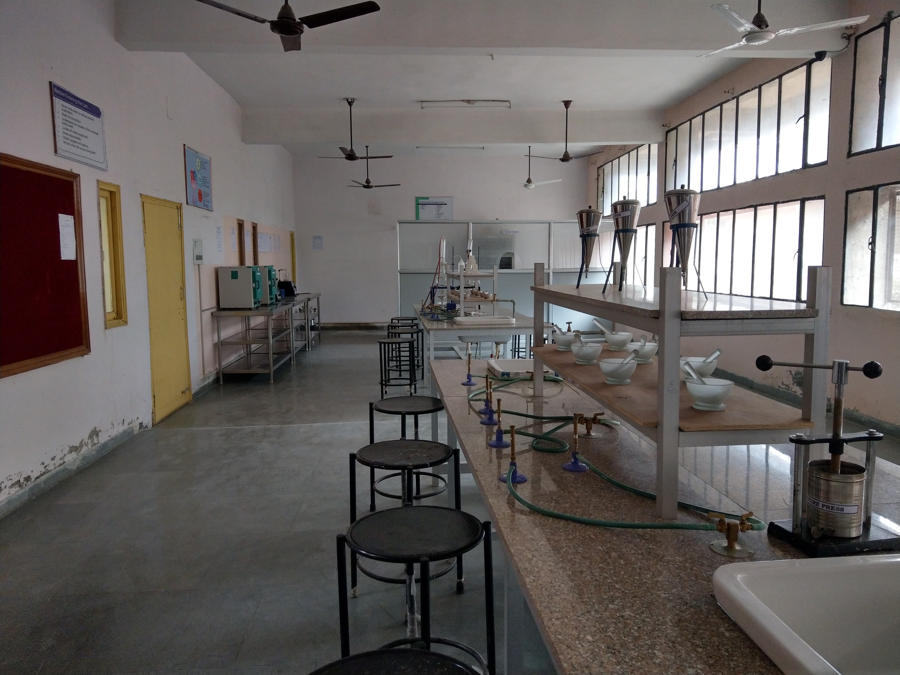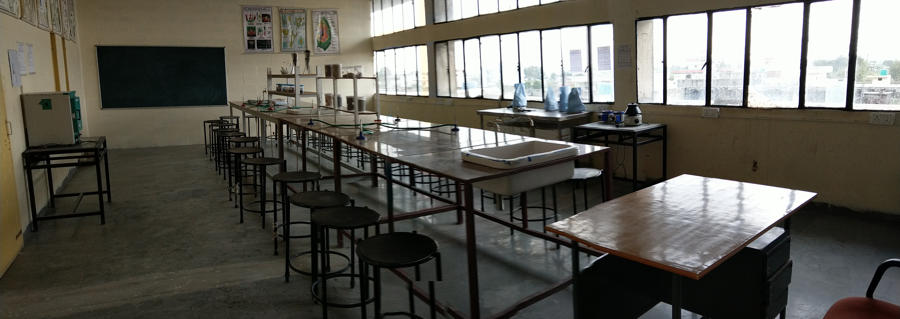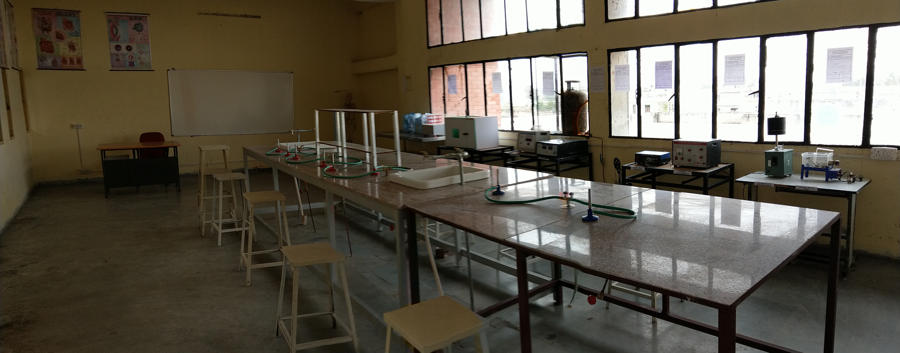Allied Health Sciences
Allied Health Sciences, earlier referred to as Paramedical Sciences, are now officially recognized under the
National Commission for Allied and Healthcare Professions (NCAHP) Act as a distinct and essential part of modern healthcare.
This stream comprises a wide range of diagnostic, technical, therapeutic, and support services crucial to effective patient care.
Graduates in this discipline are known as Allied Health Professionals (AHPs) and play a vital role in diagnosis,
treatment, rehabilitation, and health improvement.
Courses Offered
1. B.Sc. Medical Laboratory Sciences (MLS)
Overview:
This program trains students in the scientific analysis of body fluids, tissues, and other specimens to aid in diagnosis and treatment.
Medical Laboratory Technologists are essential to healthcare systems.
Key Areas:
- Hematology (blood testing)
- Microbiology (detection of bacteria, viruses, fungi)
- Clinical Biochemistry (chemical analysis of body fluids)
- Immunology & Serology (immune response testing)
- Histopathology (microscopic tissue examination)
- Blood Banking & Transfusion Science
Duration: 4 years (8 semesters) including 1-year internship
Eligibility: 10+2 (Medical/Non-Medical) with 50% marks (45% for reserved categories)
Lateral Entry: 3 years (with internship) for Diploma in MLT or D. Pharmacy holders
Career Options: Hospitals (Govt. & Pvt.), Diagnostic labs, Research centers, Pharma & Biotech industries, Public Health, and overseas placements.
Syllabus:
View Syllabus PDF
2. B.Sc. Operation Theatre Technology (OTT)
Overview:
This course focuses on assisting surgeons during operations. OT Technicians are responsible for preparing and maintaining the surgical environment.
Specializations:
- Cardiovascular OT
- Neurosurgery OT
- Orthopedic OT
- Emergency & Trauma OT
Roles Include:
- Preparing operation theatres
- Instrument sterilization and setup
- Assisting during surgeries
- Ensuring infection control
Duration: 4 years (including 1-year internship)
Eligibility: 10+2 (Medical) with 50% marks (45% for reserved)
Lateral Entry: 3 years (for Diploma in OTT holders)
Career Options: Hospitals (AIIMS, PGIMER, Fortis, Apollo), Medical colleges, Military medical units, and international placements.
Syllabus:
View Syllabus PDF
3. B.Sc. Radiology & Imaging Technology (RIT)
Overview:
Students are trained in using imaging technologies like X-rays, CT scans, MRIs, PET, and ultrasound to assist in diagnosis.
Career Roles:
- Radiographer
- MRI/CT/PET Technician
- Sonographer
- Radiology Nurse
- Imaging Specialist
Duration: 4 years including 1-year clinical internship
Eligibility: 10+2 (Medical) with 50% marks or a diploma in Radiology
Career Options: Hospitals, Diagnostic centers, Radiology equipment firms, Research institutions, and global opportunities.
Syllabus:
View Syllabus PDF
4. B.Sc. Cardiac Care Technology (CCT)
Overview:
Focused on the diagnosis and treatment of heart-related conditions, this course prepares professionals to assist in cardiac procedures and testing.
Roles Include:
- ECG & EKG Technician
- Stress Test Operator
- Echocardiography Assistant
- Cath Lab Technician
- Cardiac Monitoring Staff
Duration: 4 years with 1-year hospital internship
Eligibility: 10+2 (Medical) with 50% marks or a diploma in Cardiac Technology
Career Options: Hospitals, Emergency care units, Research centers, and international placements.
Syllabus:
View Syllabus PDF
Why Choose KC College for Allied Health Sciences?
- Hands-on training in real hospital environments
- Mentoring by experienced medical professionals
- Advanced simulation labs and equipment
- Skill enhancement workshops and seminars
- Emphasis on ethics, patient safety, and professionalism
- Strong placement support in top hospitals and labs
- International career pathways and alumni network
B.SC ( MEDICAL LAB SCIENCES )
INTRODUCTION
Modern health care has become increasingly dependent on complex laboratory tests—the results of which aid in the diagnosis, monitoring and treatment of disease. You will gain fundamental knowledge and skills in biological, physical and health sciences. Medical Laboratory Sciences (MLS) also known as Clinical Laboratory Science is an advanced discipline of science which deals with the analysis, cure and prevention of diseases through various laboratory tests. It is complementary to medical science. It involves analysis of body matter such as fluid, tissue, and blood. It also covers micro-organism screening, chemical analyses, and cell count. These professionals, Medical laboratory Scientists, play an important role in collecting information, sampling, testing, reporting and documenting medical investigations.
Candidates after their successful completion of Bachelor of Science (B.Sc) course in MLS have vast opportunities both in terms of higher study options and also in pursuing a profession. Health care services are in demand twenty-four hours a day, seven days a week. Medical Laboratory Scientists often perform shift and weekend work, sometimes alone to ensure patients get critical lab results.
Medical Laboratory Science includes laboratory analysis in five different disciplines: Clinical Biochemistry, Hematology, Histotechnology, Microbiology and Transfusion Science. Medical laboratory science combines the use of sophisticated instruments and techniques with the application of theoretical knowledge to perform complex procedures on tissue specimens, blood samples and other body fluids. The tests and procedures that Medical Laboratory Technologists perform provide critical information enabling physicians to diagnose, treat and monitor a patient’s condition.
Why B.Sc in Medical Lab Sciences at KCGI?
Medical laboratory Sciences is a constantly evolving and rewarding career. The lab of today is a far more complicated one than the lab of just ten years ago. As new discoveries advance scientific knowledge, the scientist role will continue to change and expand. Even now, we can see the impact of future tests that may be developed for diagnosing such health problems as Covid-19, Cancer or Genetic disorders.
Variety: Medical Laboratory Scientists perform tests in five different disciplines and have a wide range of career options. Every day brings a different challenge and new problems to solve.
Job Satisfaction: Test results have an immediate impact on the care of critically ill patients. Making a real difference in patient’s lives contributes to high levels of job satisfaction among Medical Laboratory Technologists.
Independence: Medical Laboratory Technologists often work independently with minimal supervision. While still a key member of the health care team, MLS have greater control over their daily routine than many other health care professionals.
Expanding Roles: Demand for faster testing and constant monitoring of patients has taken some tests out of the laboratory to the patient’s bedside. This is called “point-of-care” testing. This is an exciting new role for MLS.
Travel: A Medical Laboratory Scientist is welcome in many other countries. If you have a desire to see the world, a career as a MLS will carry you through life’s adventures.
Various clinical disciplines studied under BSc (MLS):
MIOCROBIOLOGY: Microbiology is the study of all living organisms that are too small to be visible with the naked eye. This includes bacteria, viruses, fungi, protozoa and algae, collectively known as ‘microbes’. These microbes play key roles in nutrient cycling, biodegradation, climate change, food spoilage, the cause and control of disease, and biotechnology.
BIOCHEMISTRY: Clinical Biochemistry is the division of laboratory medicine that deals with the measurement of chemicals (both natural and unnatural) in blood, urine and other body fluids. These test results are useful for detecting health problems, determining prognosis and guiding the therapy of a patient.
HEMATOLOGY: Hematology is the medical specialty that studies blood (blood cells and other components), its disorders or mutations and the organs that are part of its production, such as the bone marrow, the spleen, or the nodes, among others. Hematology includes the treatment of blood disorders and malignancies, including types of hemophilia, leukemia, and lymphoma and sickle-cell anemia.
HISTOTECHNOLOGY: Histology is a science dealing with the structure of cells and their formation into tissues and organs. Histotechnology; focuses on the detection of tissue abnormalities and the treatment for the diseases causing the abnormalities.
ANATOMY & PHYSIOLOGY: Anatomy and physiology are two of the most basic terms and areas of study in the life sciences. Anatomy refers to the internal and external structures of the body and their physical relationships, whereas physiology refers to the study of the functions of those structures.
TRANSFUSSION MEDICINE (BLOOD BANKING): Transfusion medicine (or transfusiology) is the branch of medicine that encompasses all aspects of the transfusion of blood and blood components including aspects related to hemovigilance. It includes issues of blood donation, immunohematology and other laboratory testing for transfusion-transmitted diseases, management and monitoring of clinical transfusion practices, patient blood management, therapeutic apheresis, stem cell collections, cellular therapy, and coagulation.
B.SC ( OPERATION THEATER TECHNOLOGY ) - OTT
INTRODUCTION
Bachelor of Science (B.Sc) program in Operation Theater Technology has been designed for meeting the demand of the growing need of experts in the fields of Operation Theater Management, Medical Ethics, Anaesthesia Technology and Post Operation Care. Operation Theater and Anaesthesia Technologist are responsible for direct and indirect patient care, equipment set up and operation procedures. They are trained to assist the surgeons during the procedures and assume responsibility for completion of other functions as assigned.
This program prepares aspirants to work in the operation theatre as a competent reliable technologist among the other team members of a healthcare department, under the supervision and guidance of senior doctors and Technical persons, delivering patient care. Operation Theatre Technology will help students learn all about the functions and intricacies that need to be handled in an operating theatre, during, prior and post an operation procedure. The students will be trained and educated to help surgeons, anesthesiologists and nurses.
Academic Framework & Program Contents:
B.Sc program in Operation Theater Techniques lays special emphasis on: Applied Anatomy and Physiology, Clinical Pharmacology, Clinical Microbiology, Medical Ethics, Anesthetic Techniques, CSSD (central sterile services department) Procedures, Intensive Care.
Employability
Bachelor of Science (B.Sc) Operation Theater Technologist is required across all hospitals for conduct of surgeries which include: General Surgery, Ophthalmic Surgery, Orthopedics, Gynecology Surgery, Plastic Surgery, ENT Surgery, Neurosurgery, Cardio Therapy Surgery, Spinal Surgery etc




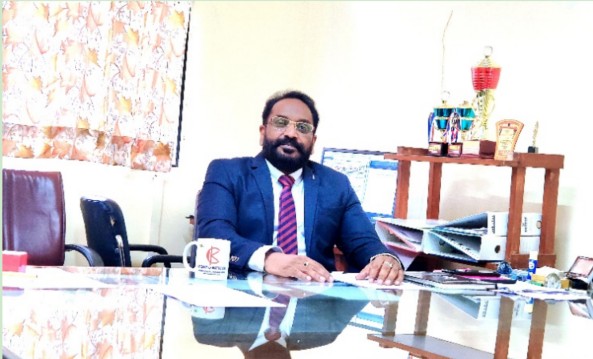
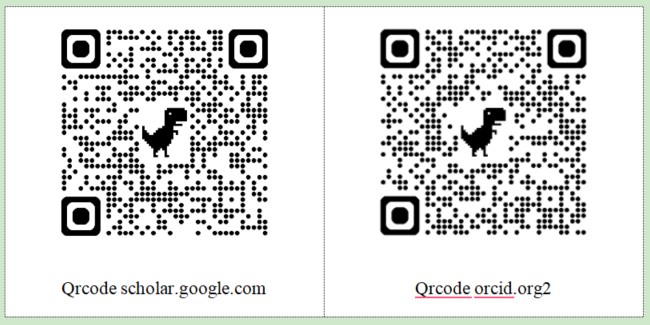
.jpg)
.jpg)
.jpg)
.jpg)
.jpg)
.jpg)
.jpg)
.jpg)
.jpg)
.jpg)
.jpg)
.jpg)
.jpg)
.jpg)
.jpg)
.jpg)
.jpg)
.jpg)
.jpg)
.jpg)
.jpg)
